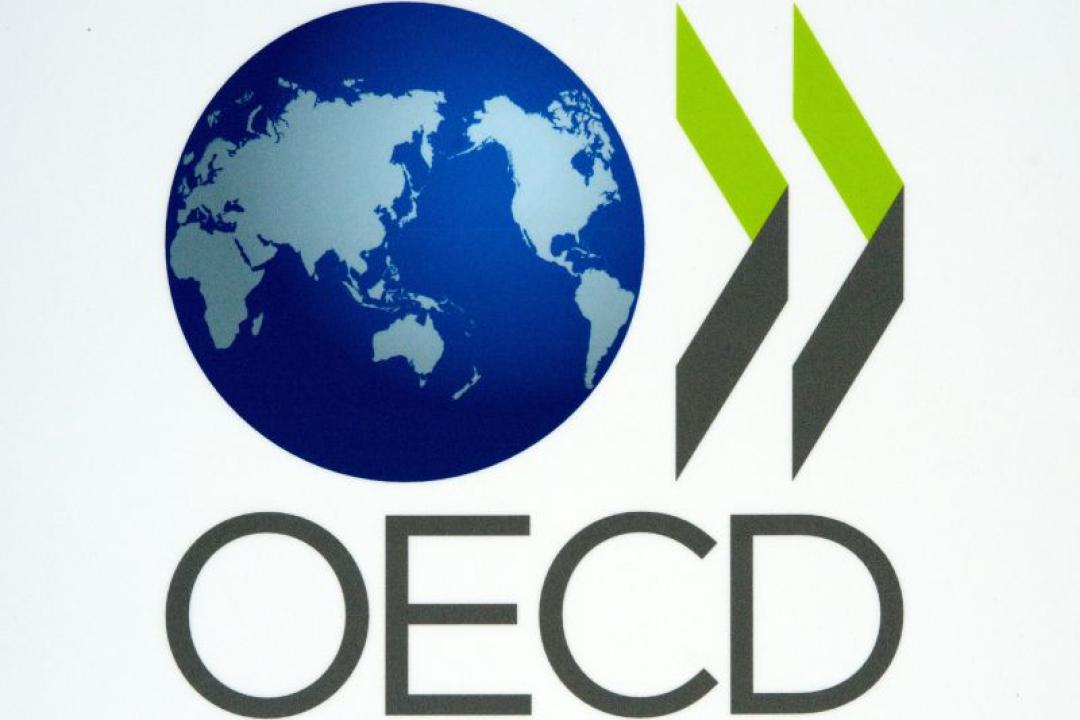
Azerbaijan and Georgia in the OECD PISA Ranking 2018

On 3 December, the Organization for Economic Cooperation and Development (OECD) published their ranking on the Programme for International Student Assessment (PISA) for the year 2018. The ranking presented results of tests taken by about 600,000 students aged 15 in 79 states across the world.
The ranking is published every three years and it follows a series of tests that students sit in participating countries or regions to identify their knowledge and skills in reading, mathematics and natural science. The test aims to identify what knowledge the students have as well as how they can use it for comprehension or finding solutions to scientific challenges.
Amongst the analyzed countries were Azerbaijan and Georgia. Both countries from the Caucasus occupied the bottom half of the ranking, with Azerbaijan being ranked 69th and Georgia being ranked 71st.
The average score for Azerbaijan in reading was 389, in mathematics 420 and in natural sciences 389. The report on Baku stated that students in Baku scored lower than the OECD average in reading, mathematics and science. Compared to the OECD average, a smaller proportion of students in Baku performed at the highest levels of proficiency in at least one subject; at the same time a smaller proportion of students achieved a minimum level of proficiency in at least one subject.
As for Georgia, the average score in reading was 380, mathematics 398, and in natural sciences 383. The report on Georgia indicated the same trends as in Azerbaijan.
Amongst the neighbouring countries of the Caucasus, Russia was ranked 32nd and Turkey 41st. The best ranked countries were China (more than one province occupying the top 5 spots), Singapore and Estonia, while the worst ranked countries were the Philippines, the Dominican Republic and Lebanon.
The Organisation for Economic Co-operation and Development (OECD) is an intergovernmental economic organisation with 36 member countries, founded in 1961 to stimulate economic progress and world trade. It is a forum of countries describing themselves as committed to democracy and the market economy, providing a platform to compare policy experiences, seek answers to common problems, identify good practices and coordinate domestic and international policies of its members. Most OECD members are high-income economies with a very high Human Development Index (HDI) and are regarded as developed countries.
See Also


Armenia Records 5.9% GDP Growth in 2024, Missing 7% Goal

Yerevan Balances Strategic Ties with Both US and Russia, Says Foreign Minister

FM Mirzoyan: Peace Deal with Azerbaijan Is Within Reach

Pashinyan and Erdogan Hold Call, Reaffirm Commitment to Ongoing Dialogue

